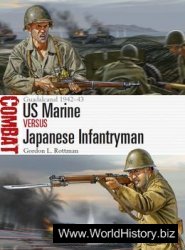In 1992 with vigorous U. S. support, the United Nations (U. N.) placed sanctions on Libya prohibiting petroleum exports, commercial flights to and from Libya, and the selling of military or aviation equipment to Libya. U. N. Security Council Resolutions 731 and 748 were reinforced by Resolution 883, further elaborating details of sanctions. They cited Libya for lack of compliance in delivering the terrorists to justice and for lack of concrete actions to show Libya's renunciation of terrorism. Adding to U. N. actions, the United States passed the Iran and Libya Sanctions Act in 1996, specifying sanctions on private foreign companies investing in, or trading with, either nation.
Bringing to trial so many operatives intimately involved in Libyan intelligence produced a situational nightmare for Qad-dafi. Instead of compliance, Libyan policy focused on circumventing sanctions through front companies and helping to erode international support for sanctions. Libyan oil money was used to gain support from financially stressed African nations, such as Ghana (which held the next place in the rotating presidency of the fifteen-member U. N. Security Council). Even more effective were the visits of South Africa's President Nelson Mandela in October, 1997, and Egypt's President Hosni Mubarak and PLO chairman Yasser Arafat in July, 1998.
The 1996 visit of Nation of Islam leader Louis Farrakhan of the United States demonstrated Qaddafi's creative machinations. Farrakhan was given a $250,000 "human rights" prize, and was offered a billion dollars for his projects. However, the U. S. government refused to allow him to accept Libyan money. Eventually, Farrakhan declined Qaddafi's "kindnesses."




 World History
World History









